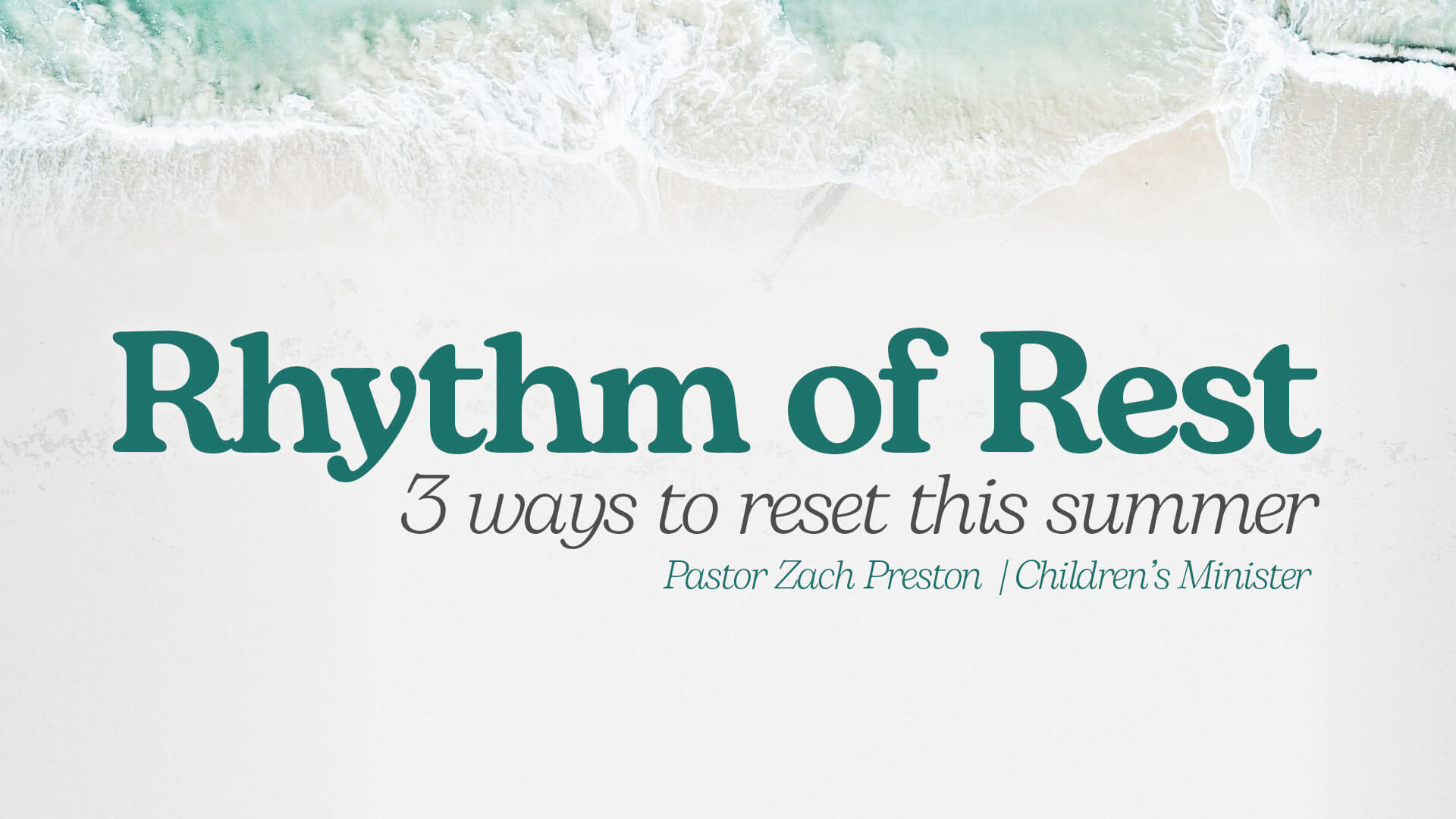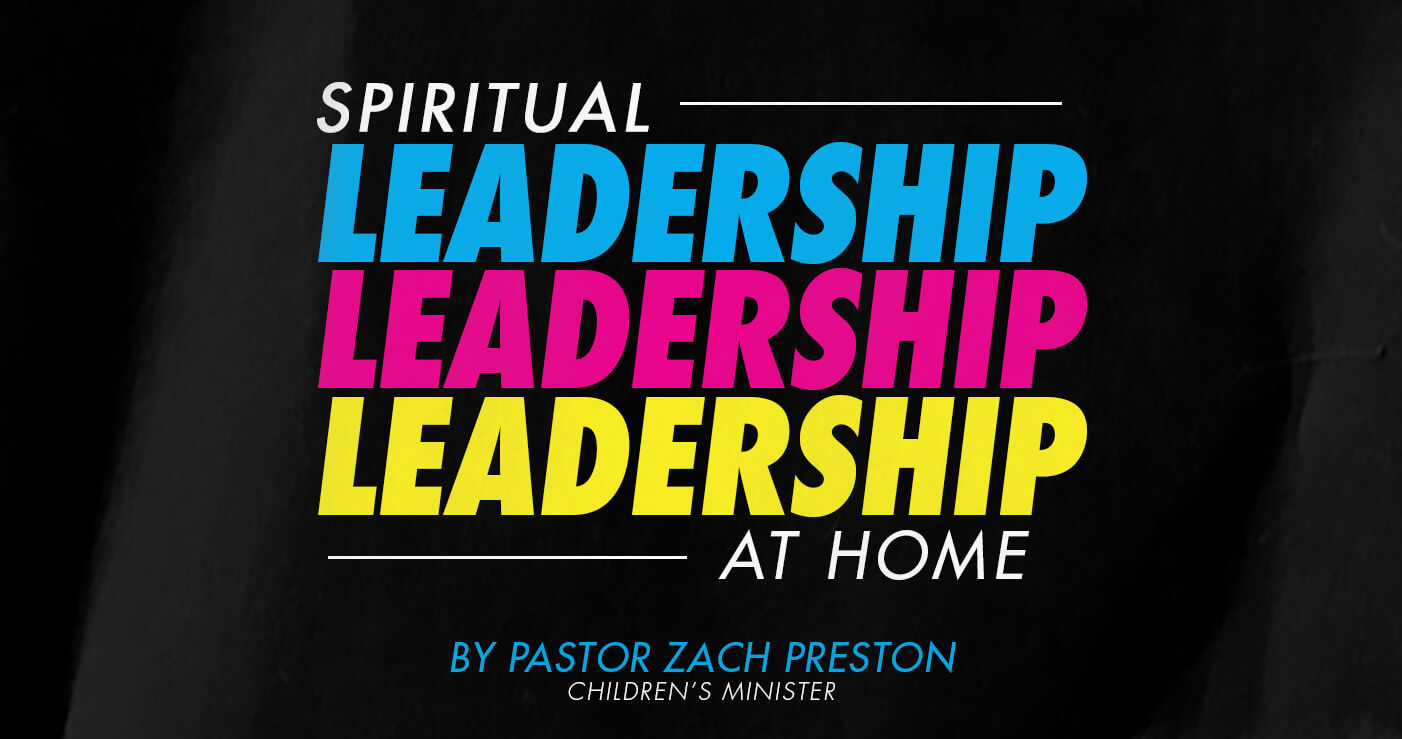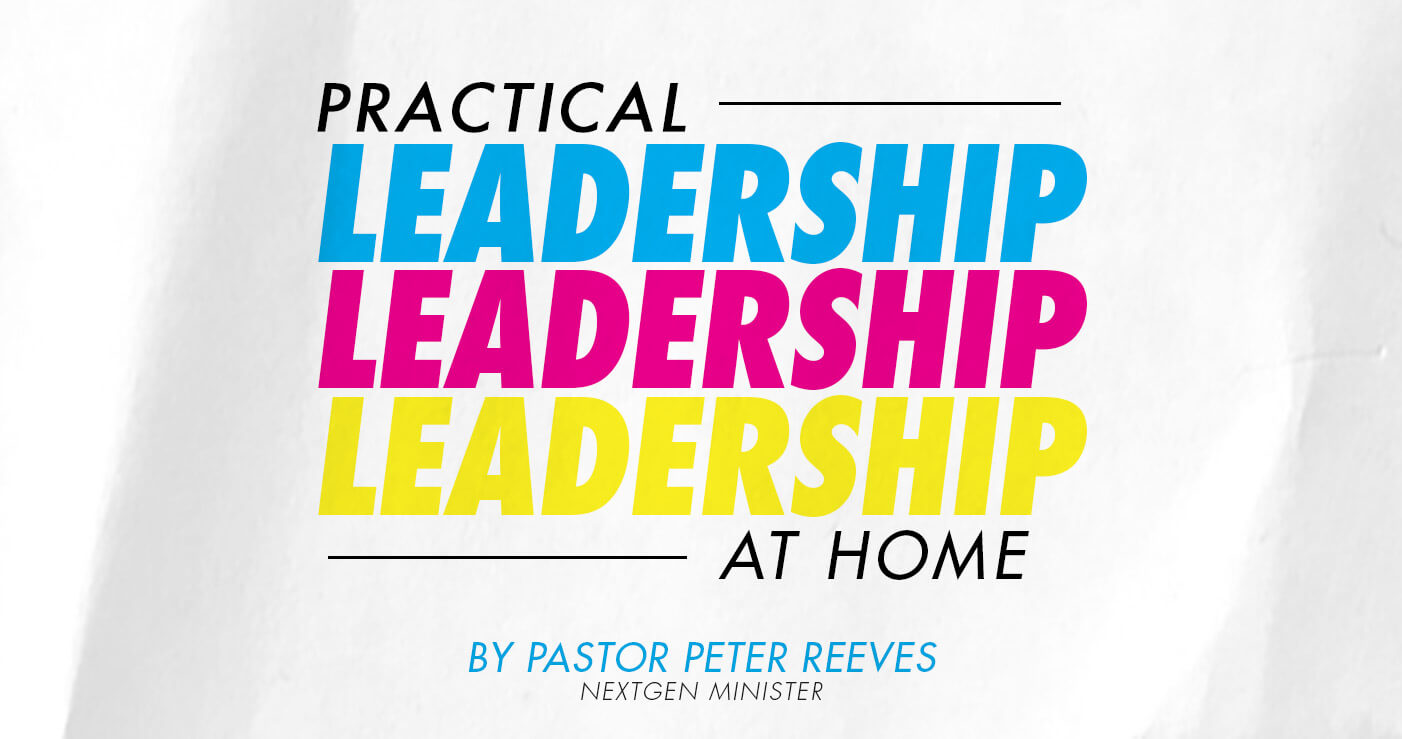My dad is one of my best friends. However, it hasn’t always been that way. I’d say I graduated into his friendship through the process of parenting.
When I was a boy, my dad was my hero. I looked up to him … literally. In my imagination he could lift engines out of cars with his bare hands, could do no wrong, and was stronger than any other dad on the planet. I had a healthy fear of his authority and knew that I would be disciplined if I ever fell out of line. His strength gave me a sense of safety and security.
As a young man, my dad shifted more into the role of an advisor or coach. He gave me room to be unique and allowed me to own my decisions and ideas. He would simply buffer my thoughts against biblical principles to direct me as I started to wade into the waters of adulthood. It was up to me whether I would listen to my father’s wisdom or choose pain as my teacher. Basically, I was given room to make the same choice Adam was given in the Garden of Eden—I was given liberty to choose to obey or disobey. However, I would have to live with the consequence of my choice.
Now as a father, myself, my dad is still my best friend. I graduated into a mutual respect that was forged through trust. I trust him, and he trusts me. I learned that his way works (which he found by studying the Bible), and he saw that I was faithful. Through that process we now enjoy friendship and common values that create a unique and godly culture inside our entire family.
I recognize this discipleship process with my own children today. It is similar to how physical boundaries change as a child grows. For example, when my son was five he could ride his bike in our driveway and to our neighbor’s house. Once he turned 11, I upgraded his bike to a small motorcycle and let him motor throughout our entire neighborhood. Relationship boundaries change too—they are supposed to grow in order to create liberty, trust, and love. However, it is important to recognize the boundary lines are increased or decreased based on our personal choices.
The evolutionary process of parenting reflects what the Father God desires for us all. It’s what family is all about. This process is best heard in Jesus’ words when He said to His disciples, “No longer do I call you servants, for a servant does not know what his master is doing; but I have called you friends, for all things that I heard from My Father I have made known to you.” (John 15:15 NKJV). We can also see this relational growth in Isaiah 41:5, when The Lord said, “But you, Israel, are My servant, Jacob whom I have chosen, The descendants of Abraham My friend.” Abraham grew into friendship with God by obeying God’s voice, walking in faith, and reflecting God’s mercy.
God has designed a relational path for all of us to walk. It starts with the cross of Jesus Christ and leads to a deep and profound friendship with the Living God. The more faithful and obedient we are, the closer we get to Him. Likewise, we ought to mirror this process in raising our children. Below are a few parenting phases to consider. These are phases that I have seen in the life of Jesus and how He raised and released His disciples. It is a great framework for how to raise and release our children as well.
- Lead by example. When children are very young, show them how things work and why we do things the way we do. The lifestyle you model should reflect an active relationship with Jesus Christ. He is love, and His ways always lead to life. As Jesus said, “But wisdom is justified by all her children.” In other words, your results are a direct reflection of your knowledge and ability.
- Be a coach. Begin to release responsibility into the hands of your kids, then assist and advise. Give them room to make mistakes—that’s part of the learning process. This phase requires discernment to calculate how much room or responsibility your child can handle. Don’t move too quickly in this phase.
- Cheer them on. Once we see that our children are faithful and able, the final phase is to step back and empower them to take the lead and be who God has called them to be. Our job is to cheer them onward.
– Joseph Mead






